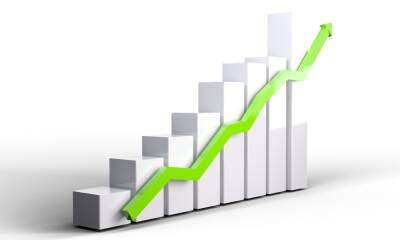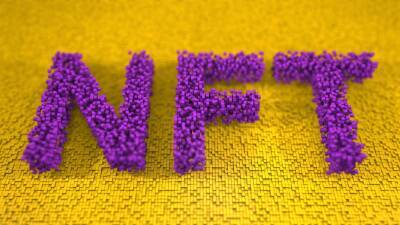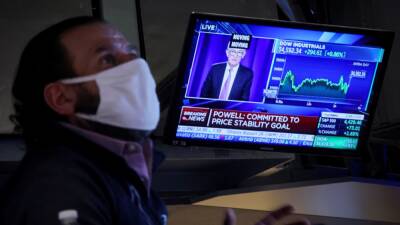With inflation and Ukraine, Powell must thread a needle on Capitol Hill this week to calm markets
Federal Reserve Chairman Jerome Powell is tasked with telling Congress this week that the central bank will be doing more to control inflation at a time when markets expect it will be doing less.
With fears over the Russian invasion of Ukraine causing turmoil in the financial world, Wall Street has quietly dialed down its expectations for Fed action.
Where markets had been expecting the Fed to raise interest rates up to seven times in 2022, recent pricing now indicates just five moves. That would be the equivalent of bringing the Fed's benchmark short-term borrowing rate up about 125 basis points, or to a range between 1.25%-1.5%.
The shifting winds mean Powell has a tightrope to walk as he explains during two days of congressional testimony that his institution is committed to taming inflation while also being mindful of the geopolitical turmoil.
«He has to thread a pretty thin needle. The balancing act is going to be difficult,» said Mark Zandi, chief economist at Moody's Analytics. «My sense is he leads with the uncertainty that this all creates given that the Russian invasion could take many different paths, each one darker than the other. He'll reinforce the point that in a period of such heightened uncertainty, it might make sense for the Fed to be a little more cautious in enacting policy.»
Up until a week or so ago, markets had been expecting the policymaking Federal Open Market Committee to approve 25 basis point hikes at each of its remaining seven meetings this year. There even was a strong lean to the first move, at the March 15-16 meeting, being 50 basis points.
Russia's attack has taken that off the table, at least for now.
«Play it by ear would be his best message,» said Peter Boockvar, chief investment
Read more on cnbc.com
















